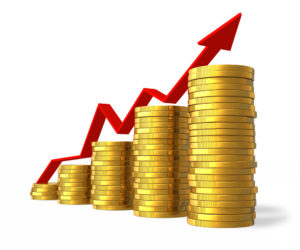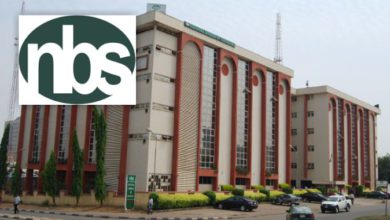
- The Stanbic Bank Ghana PMI dropped to 50.7 in August 2019 from 51.2 in the previous month, signalling improvement in the country's private sector for the eleventh straight month but slightly weaker than in July

The Stanbic Bank Ghana PMI dropped to 50.7 in August 2019 from 51.2 in the previous month, signalling improvement in the country’s private sector for the eleventh straight month but slightly weaker than in July. Softer increases in output and new orders were recorded, but employment and purchasing activity continued to rise solidly. On the price front, inflationary pressures remained muted, with below-average increases in both overall input prices and output charges. Lastly, hopes of an improvement in business conditions supported optimism of a rise in output over the coming year, though sentiment dipped from July and was the second-weakest in 33 months. Composite Pmi in Ghana is reported by Markit Economics.
The Stanbic Bank Ghana Purchasing Managers’ Index is based on data compiled from monthly replies to questionnaires sent to purchasing executives in approximately 400 private sector companies, which have been carefully selected to accurately represent the true structure of the Ghanaian economy, including agriculture, construction, industry, services and wholesale & retail. The panel is stratified by GDP and company workforce size. Survey responses reflect the change, if any, in the current month compared to the previous month based on data collected mid-month. The Purchasing Managers’ Index (PMI) is a composite index based on five of the individual sub-components with the following weights: New Orders- 0.3, Output- 0.25, Employment- 0.2, Suppliers’ Delivery Times- 0.15, Stock of Items Purchased- 0.1, with the Suppliers’ Delivery Times sub-component inverted so that it moves in a comparable direction.



